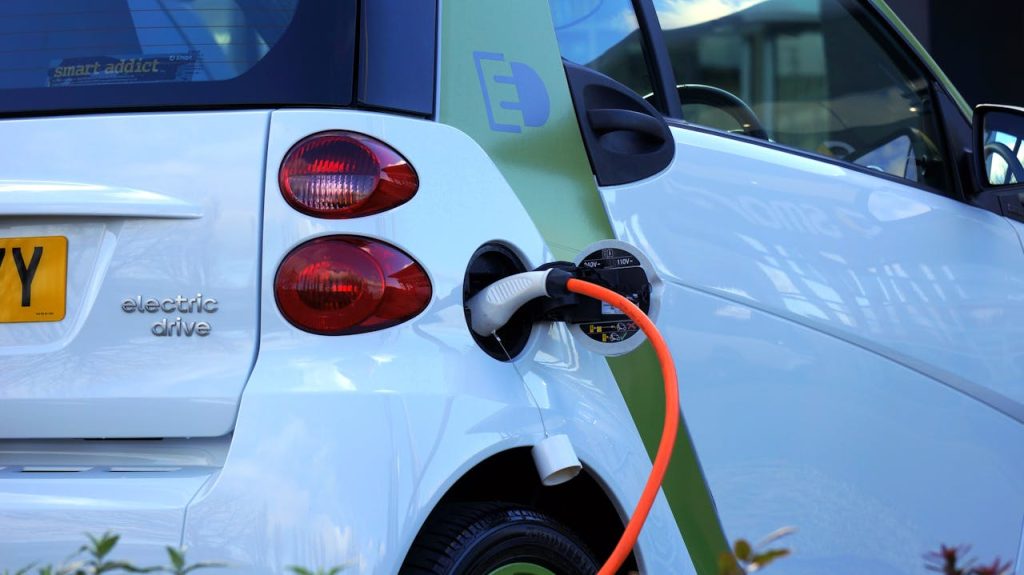Automakers are scrambling to unload unsold electric vehicles now that the $7,500 federal tax credit that boosted EV sales for years has expired. The credit, which ended Tuesday, had long propped up demand for battery-powered cars.
Ford Chief Executive Jim Farley predicted EV market share will fall by more than half to between 4% and 5% of total sales by year-end. “We expect a pretty deep fall off,” Farley said at a company event in Detroit.
Automakers expect EV sales plunge as tax credit expires
Christian Meunier, chairman of Nissan’s Americas region, said October should be the worst EV market in years. “Manufacturers are going to have to push cars away because demand is not going to be there,” he said.
Approximately 134,000 unsold EVs are currently in dealer inventory, which is sufficient for two months at the current rate of sales. As consumers flocked to take advantage of the tax credit, September saw a spike in EV sales, with some markets offering discounts as low as $39 per month. According to J.D. Power, EVs accounted for a record 12.2% of retail sales, up 2.6 percentage points from the previous year.
With sales up 10% through September, GM said on Wednesday that 2025 is on pace to be its best year in ten years. As buyers scrambled to secure the tax break, GM sold a record 66,501 EVs in the third quarter. Ford set EV sales records during the quarter with an 8% increase. Both Toyota and Lexus are up 8% for the year after gaining 14% in September.
According to Toyota Vice President Damon Rose, the company has maintained prices despite the fact that tariffs are reducing margins. He added that the 27.5% tariffs on Canadian RAV4 crossovers and Mexican Tacoma pickups are “unsustainable.” “We do think there’ll be some industry price increases. We’ve been monitoring and tracking that. But from a Toyota perspective, we’re gonna be followers to that, not first movers,” he added.
EV sales doubled in September, while Hyundai sales increased 14%. Randy Parker, CEO of Hyundai Motor North America, stated that the company is lowering EV prices in order to maintain market share. “This is part of our long-term EV strategy, including U.S. production and focus on growing market share in the United States,” Parker said.
Featured Image Credit: Mike Bird; Pexels: Thank you!














